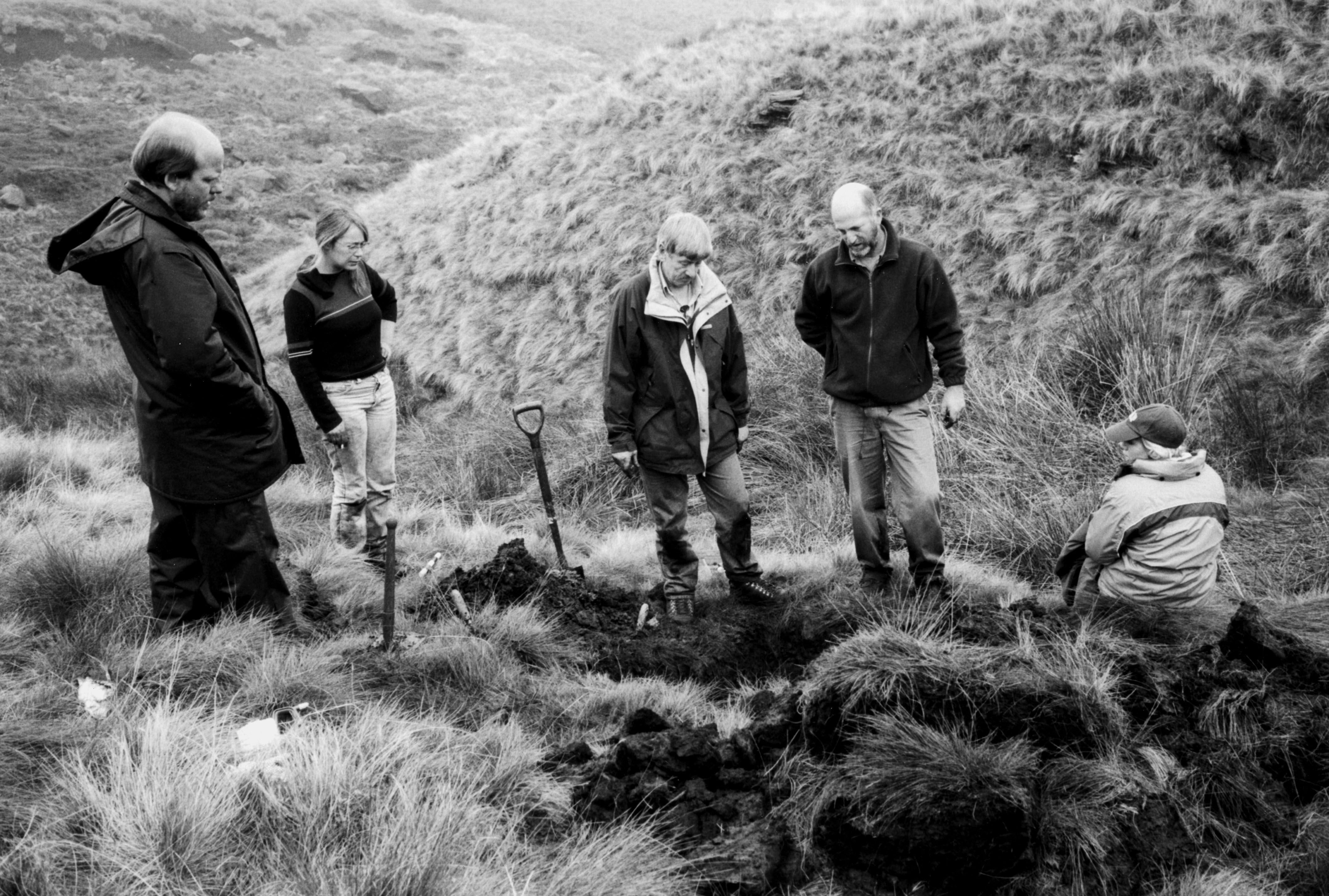The missing pages of Moors murderer Ian Brady’s autobiography could contain key information on where his final victim was buried, a new documentary has suggested.
The last 200 pages of Brady’s manuscript, called Black Light, which is believed to have been left, unpublished, with his long‑time solicitor, could include Brady’s account of 12-year-old Keith Bennett’s 1964 abduction, murder and burial.
Alan Bennett, the victim’s brother, has called for any missing material to be given to police, describing it as “vital information”.
He was informed of the discovery by the makers of the BBC documentary The Moors Murders – A Search For Justice.
The film’s presenter, journalist Duncan Staff, also uncovered defence files from Brady and his co-killer Myra Hindley’s trial, including photographs that raise fresh questions about their victims’ graves.
Brady and Hindley gained infamy in the 1960s for kidnapping and murdering five children, burying four on Saddleworth Moor.

They were convicted in 1966 of torturing and killing Lesley Ann Downey, 10, John Kilbride, 12, and Edward Evans, 17, and later confessed in 1987 to murdering Pauline Reade, 16, and Mr Bennett.
But while Ms Reade’s body was discovered, with Brady’s autobiography containing a detailed description of where the murderers buried her, Mr Bennett’s has never been found.
Brady died in 2017, but before his death, theologian Alan Keightley recorded hours of interviews with him at Ashworth Special Hospital and published a book based on them. Keightley’s archive, now held by his widow, includes the incomplete typewritten manuscript, Black Light, running to page 394, stopping just before Kilbride’s murder despite Brady’s claim it was at least 600 pages.
Brady reportedly asked Keightley to deliver a “double‑sealed parcel” containing the manuscript to London solicitor Benedict Birnberg. Birnberg, who died in 2023, passed any Brady material to Liverpool solicitor Robin Makin, who has not responded to enquiries.
The Bennett family’s lawyer has urged the documentary team to hand over Black Light to Greater Manchester Police (GMP). The force initially sought to review the programme’s material but later said it would “carefully consider… any credible evidence” that might help find Keith’s body.
A spokesperson for the force said: “Since 1964, Greater Manchester Police has remained committed to finding answers for Keith Bennett’s family. Keith’s family is central to any action we take in relation to this case and our thoughts remain with them.
“We will carefully consider and respond, in a timely and professional manner to any credible evidence that is uncovered which may lead us towards finding Keith”.
Move to recognise Palestinian statehood is not gesture politics, says minister
The top three most-watched media services in the UK revealed
A third of vaping teenagers likely to take up smoking cigarettes, study finds
Ozzy Osbourne funeral latest: Heavy metal icon to be laid to rest in Birmingham
Kate hails power of past objects to inspire future as her new exhibition opens
Rape charity creates additional service excluding trans people after legal claim







